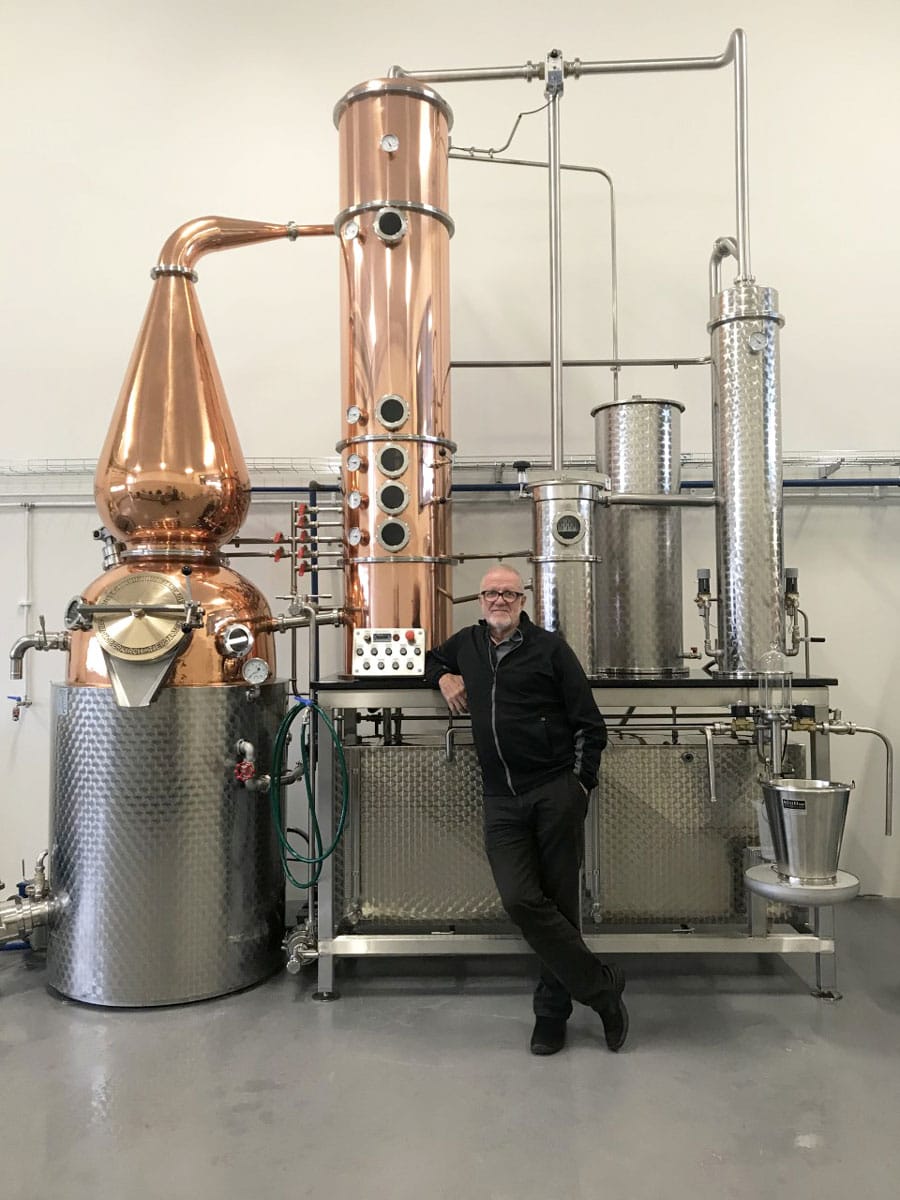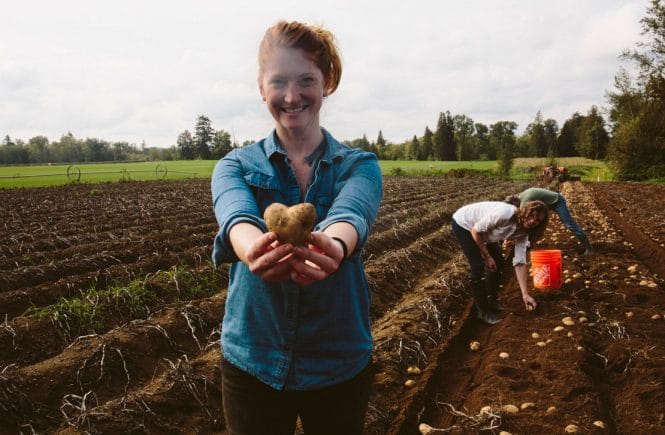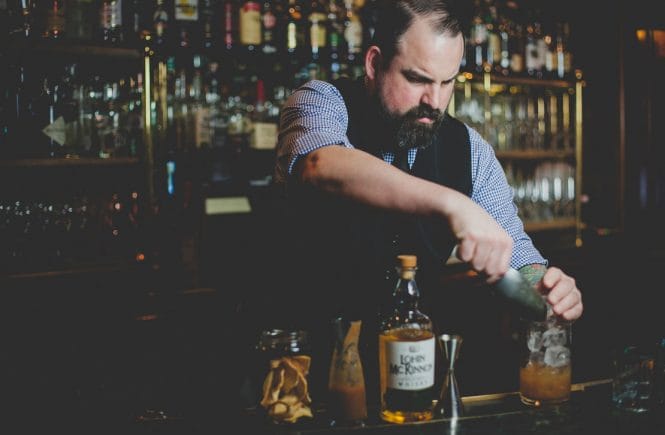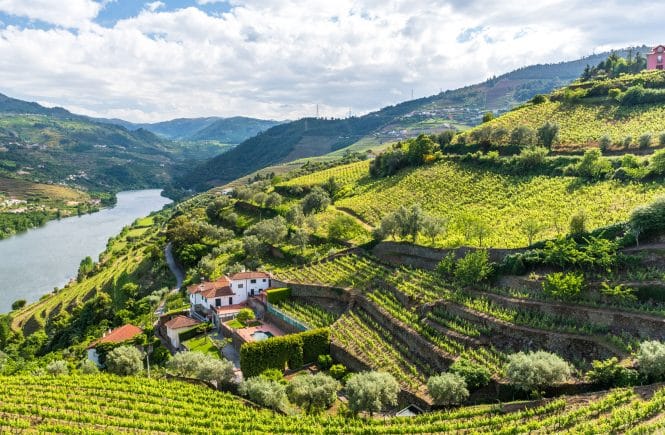B.C. craft spirits pioneer Frank Deiter is taking on the world

Photo courtesy of Frank Deiter
Frank Deiter is a man on a mission.
As the founder of Okanagan Spirits in 2004, Deiter charted the pioneering distillery’s early successes before leaving in 2011 to pursue other ventures. These days he works with Mueller Pot Stills, representing what is widely recognized as one of Germany’s leading still manufacturers across North America. He also maintains a hands-on presence throughout the craft-distilling industry as an independent consultant and instructor.
The master distiller comes by his experience honestly.
When he established Okanagan Spirits, it was one of the province’s earliest artisanal distilleries. It wasn’t long before he caught people’s attention, winning medals at leading European competitions for craft spirits that at the time were a rarity to most Canadians. In short, the distillery’s early success became the catalyst for B.C.’s craft distillery revolution. Frank Deiter was leading the charge.
Ask him what he’s up to now and he’ll tell you he’s “travelling like a madman!” If there’s a trade show of note (such as the London Distilling Expo), chances are you’ll find him there—when he’s not busy working on a new commission, say, in Ireland.
I like my Manhattan straight up. Either made from a real rye or a good bourbon.
Selling internationally, teaching distilling—it’s a life he loves. But he thrives in particular on setting up new ventures in craft distilling, the passion still closest to his heart. All that and “advising my customers correctly, so they’re not losing their shirt when opening a distillery,” he says, only half joking.
Though somewhat reluctant to single out success stories, he will point to a few distilleries with which he’s been involved. In Canada they range from Ironworks in Nova Scotia to Saskatoon’s Lucky Bastard and many, many more.
Deiter says he could name “a lot of people that are really good [such as Laurent Lafuente at Phillips Fermentorium in Victoria]. I’m proud of these guys. They want to do a good job, and that’s what they do.”
But ask him his overall impression of the Canadian distilling scene right now and he’ll tell you it’s “a mix of good news and bad news. For the most part it’s good. But a pretty great part of it is not so good,” he says.
Deiter suggests it’s commendable that the craft industry professes to be making superior products, mainly to separate themselves from the larger industry players. But a surprising number still “don’t have the right idea,” he says. “There are no shortcuts. But some people are taking shortcuts.”
And in some cases, he says, “It’s got to the point where the word ‘craft’ is almost a bad word. Because some people don’t have the right idea as to what they should be doing.”
Much of the problem is systemic, in that the large distilling industry has misled us for so long—basically “guided us by a nose ring around the corral.”
We need to call it what’s actually in the bottle. And not say it’s rye whisky when it’s neutral grain spirit laden with aromas and additives.
“‘Normal’ Canadian whisky is distilled as almost vodka. After three or four years they add artificial flavours. And somehow we have some craft distillers doing the same, which is going against the whole principal of things,” he says. “Basically, we need to call it what’s actually in the bottle. And not say it’s rye whisky when it’s neutral grain spirit laden with aromas and additives.”
Ever since the genesis of the BC Craft Distilling Association, Deiter has felt there’s a need for a code of conduct. It needn’t be legislated. “It’s not that they are doing something that’s illegal or harmful,” he says, adding that it should be “one which we would abide by and follow, so we can make sure that we really are different.”
That said, Deiter has been pleased to witness the growth of the industry he was so instrumental in starting.
So what does this man who happily admits to being nothing less than a purist enjoy most in his own glass?
Of course, he says, different occasions call for different drinks, but he still likes the fruit spirits he began with.
“Distilling spirits from fermented fruit is by far the most complex undertaking when it comes to distilling,” he says, noting that his favourite eau de vie is Mirabelle plum. But, he cautions, “It needs to be made from Mirabelles de Nancy, not from the ones from Metz.”
When it comes to cocktails, he admits he’s a diehard traditionalist.
“I like my Manhattan straight up. Either made from a real rye (not Canadian whisky) or a good bourbon. Rather than Angostura, I prefer a good orange or grapefruit bitter. And forget those waxy cocktail cherries. I like Bada Bings from Washington State. I wish someone would produce similar ones in B.C.”
—by Tim Pawsey




